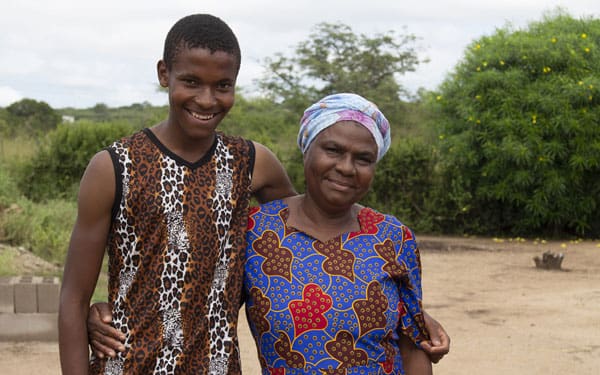Agricultural mission trips
How Agricultural mission trips help

Mission trips centered around agriculture are a profound way for missionaries to connect with communities through the shared endeavor of farming. These missions are rooted in the belief that nurturing the land can lead to the nurturing of bodies and spirits. Participants in these missions engage in a variety of agricultural activities, from planting to harvesting, with the aim of achieving sustainability and self-sufficiency for local communities.
The purpose of such trips is multifaceted. Primarily, they provide hands-on assistance in the development of agricultural practices that can lead to long-term food security. By sharing knowledge of sustainable farming techniques, missionaries help communities make the most of their natural resources. This is not just about providing immediate aid, but also about empowering individuals with the skills and knowledge to maintain and develop their agricultural practices in the future.
Moreover, these missions foster a sense of community and partnership. Working side by side on the land, missionaries and community members build relationships that transcend the work itself. Through these interactions, there is an exchange of cultural values and stories, enriching everyone involved.
Agricultural mission trips also often have an educational component, where missionaries may engage with local schools or youth groups to teach the importance of agriculture in daily life and environmental stewardship. This educational outreach ensures that the next generation understands the value of sustainable farming, creating a legacy that can continue to grow and flourish.
In essence, agricultural mission trips are about planting seeds in more ways than one. They are an investment in the land and its people, aiming to leave behind thriving crops and communities that are equipped with the tools they need to continue to prosper.

Agricultural mission trips – Destinations
-
Toll Free
-
Local
-
Fax
-
Page
-
Page






